After the leader of his ruling party demanded that South Korean President Yoon Suk Yeol be removed from office for temporarily enforcing martial law, it became more probable that he would be ousted on Friday.
Han Dong-Hoon, the leader of Yoon’s People Power Party (PPP), stated that if Yoon stays in power, “there is a significant risk that extreme actions similar to the martial law declaration could be repeated, which could put the Republic of Korea and its citizens in great danger.”

Fearing that the ailing president would make one last desperate attempt to hold onto power, opposition MPs hunkered down in parliament until Saturday night’s vote on Yoon’s impeachment.
“The hours leading up to the impeachment vote, which is scheduled for tomorrow, are extremely precarious,” opposition leader Lee Jae-Myung told AFP. “Tonight will be the most critical period,” he declared at the National Assembly, where buses had reportedly been arranged strategically to prevent helicopters from landing, according to an aide.
“Very dangerous“
In a futile attempt to prevent MPs from voting against his suspension of civilian administration, Yoon imposed martial law late Tuesday and dispatched troops and helicopters to the parliament.
Han first stated that he would oppose the impeachment motion, which the opposition put forth on Wednesday and is currently set for a vote at approximately 5:00 p.m. (0800 GMT) on Saturday.
However, the president and the once-loyal leader of Yoon’s PPP parted ways on Friday.
“Given the new information, I think that President Yoon Suk Yeol’s responsibilities should be immediately suspended in order to protect the Republic of Korea and its citizens,” Han stated.
Demonstrations
Tens of thousands of people are expected to turn out for anti-Yoon protests on Saturday, according to police, in anticipation of the two-thirds majority vote required for impeachment. 200,000 people are expected to come to the streets, according to organizers.
The PPP has 108 seats in the 300-member parliament, compared to 192 for the opposition bloc. If the vote is approved, Yoon will be removed from office while the Constitutional Court makes a decision.

Shin Yul, a professor of political science at Myongji University, told AFP that Han’s U-turn was “significantly influenced by the gravity of the situation, particularly the mobilisation of intelligence agencies to arrest politicians.”
Support for the 63-year-old president, who has stumbled from crisis to crisis since assuming office in 2022, fell to a historic 13 percent in a new opinion survey released Friday.
At least 15,000 anti-Yoon demonstrators braved the cold on Friday night to assemble in Seoul’s Yeouido district, home of the National Assembly. They called for Yoon Suk Yeol’s arrest while holding candles and signs that said, “Yoon Suk Yeol should resign (for) crimes of insurrection.”
Kim Hye-ryeong, 47, of Seoul, told AFP she was “very worried” in the nearby Gwanghwamun neighborhood. “It appears that Korean politics will be extremely chaotic for the foreseeable future, regardless of what happens to President Yoon tomorrow,” she stated.
“Elements hostile to the state“
Yoon had declared that martial law will “protect a liberal South Korea from the threats posed by North Korea’s communist forces and eliminate anti-state elements plundering people’s freedom and happiness” in his speech to the country late Tuesday.
Nearly 300 soldiers attempted to lock down the National Assembly; security personnel barricaded it, and helicopters touched down on the roof.
However, enough MPs entered—many of whom scaled walls to do so—and voted against Yoon’s proposal while parliamentary staffers used couches and fire extinguishers to stop the military.
The episode shocked its allies and evoked bitter memories of South Korea’s dictatorial past; the US administration only learned about it through television.
On Friday, US Secretary of State Antony Blinken expressed his “expectations the… democratic process to prevail” to his South Korean counterpart Cho Tae-yul.
According to the news agency Yonhap, Insurrection Han stated on Friday that “credible evidence” indicated Yoon had ordered the incarceration of “key politicians,” a claim Yoon’s administration has refuted.
These included Han himself, National Assembly Speaker Woo Won-Shik, and opposition leader Lee, according to opposition legislator Jo Seung-Lae. Kwak Jong-Geun, the commander of South Korean special forces, announced on Friday that he had received orders to “drag out” legislators from parliament.
The first deputy director of South Korea’s National Intelligence Service, Hong Jang-Won, said that Yoon gave him instructions to collaborate with a counterintelligence unit in order to apprehend over ten important politicians.
According to authorities, a team of 120 investigators has been assembled to look into allegations of insurrection against Yoon and other high-ranking officials, as reported by AFP.
The leaders of the National Assembly Security Service, the Seoul Metropolitan Police, and the National Police Agency said their phones had been seized.
Defense Minister Kim Yong-Hyun resigned, according to Yoon’s office on Thursday, while other important friends, including Interior Minister Lee Sang-Min, are still in their positions. According to Yonhap, prosecutors have also prohibited Kim from traveling abroad.
Three senior officers participating in the martial law operation were suspended, the defense ministry announced on Friday.



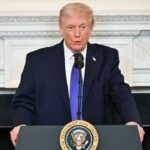



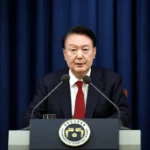

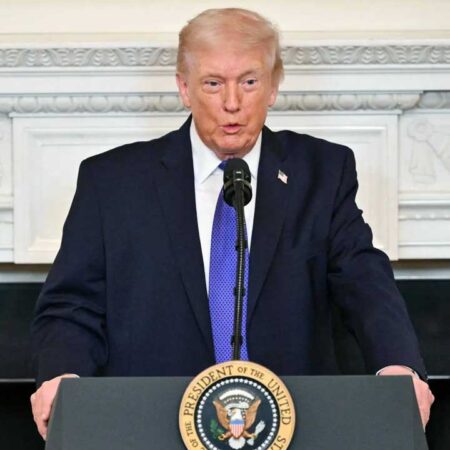
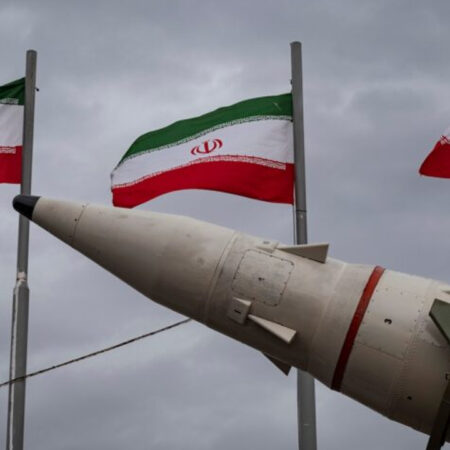
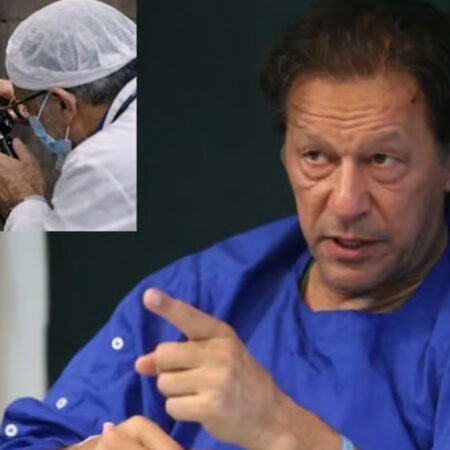
No Comment! Be the first one.